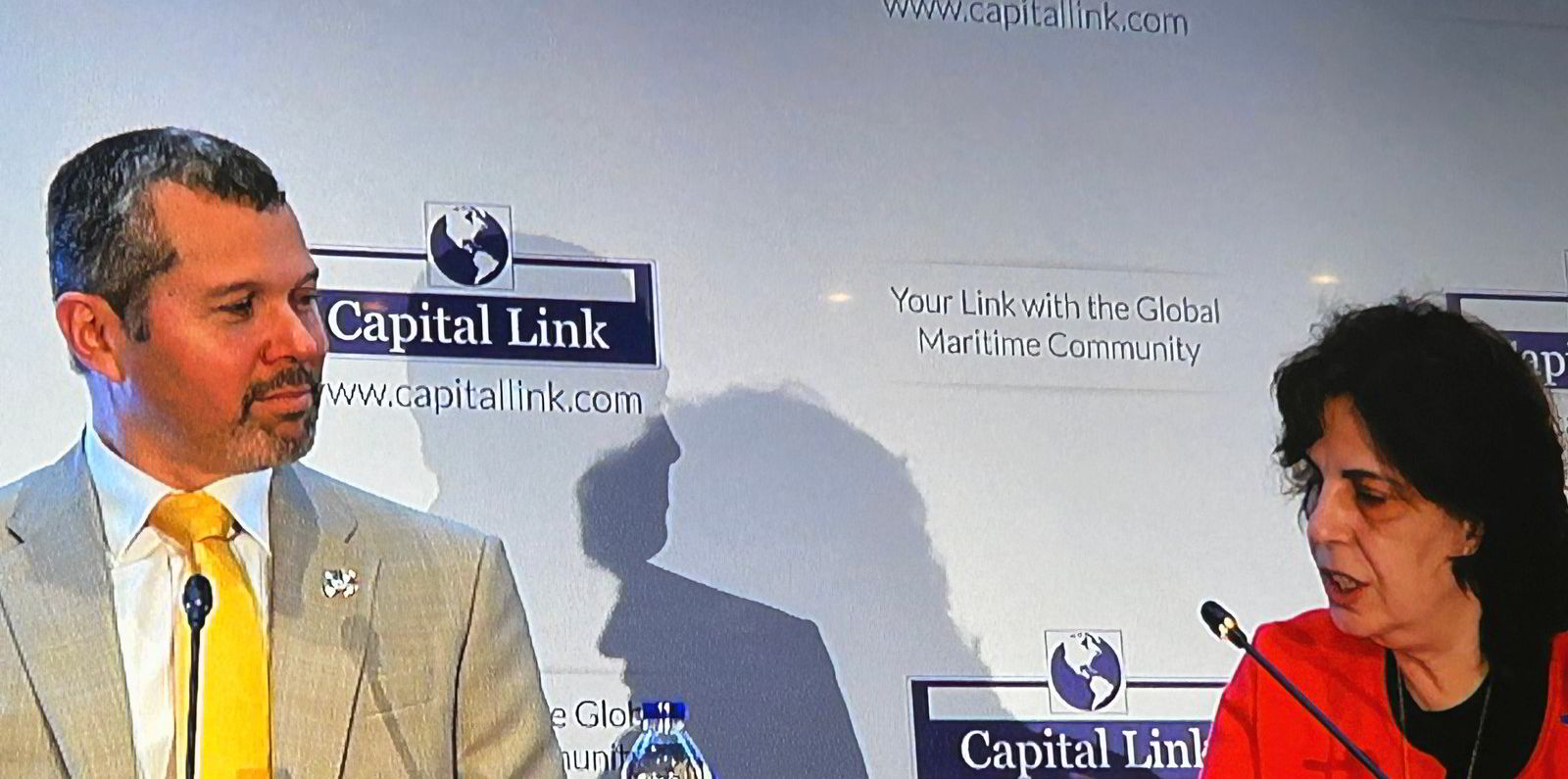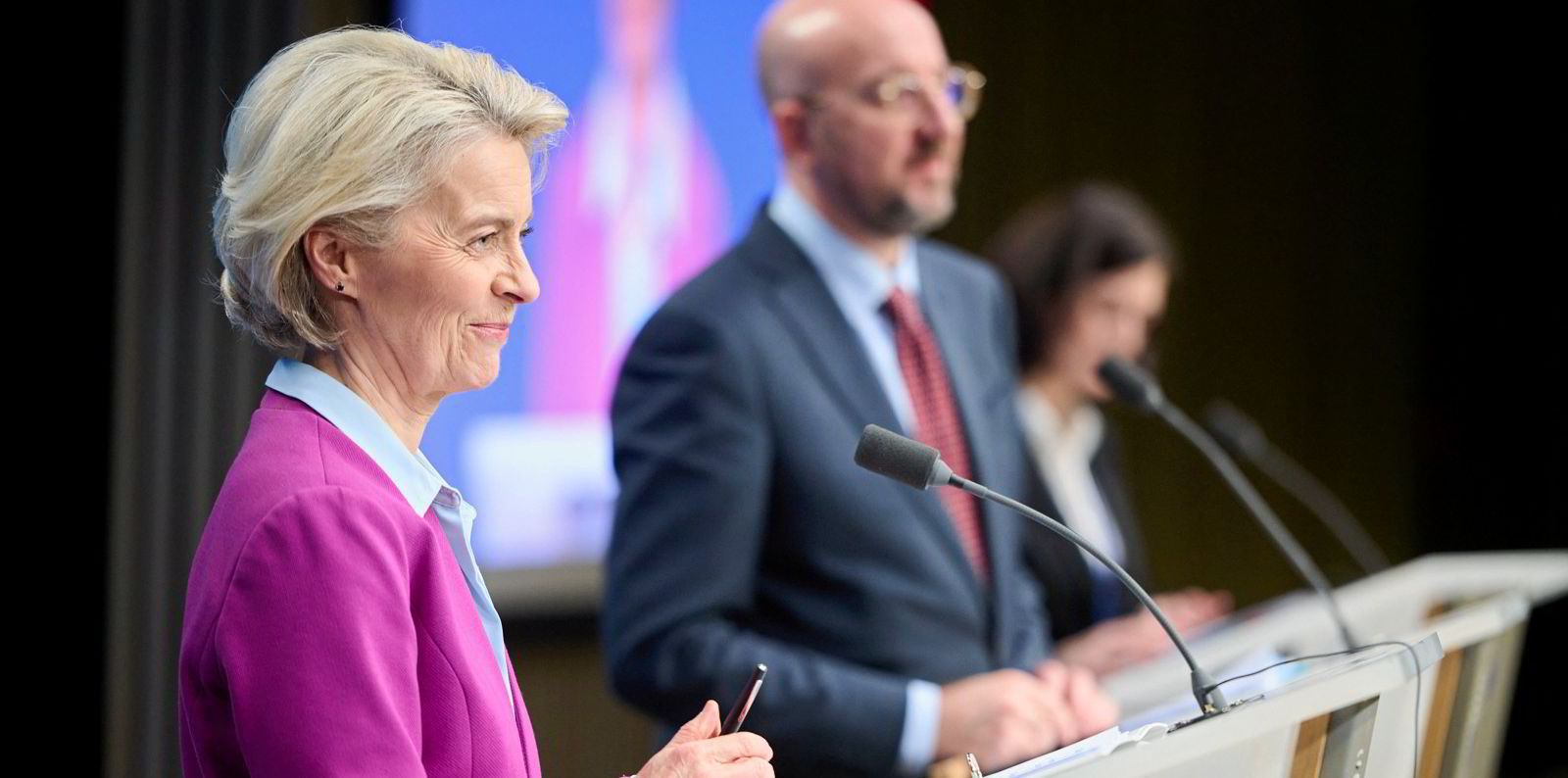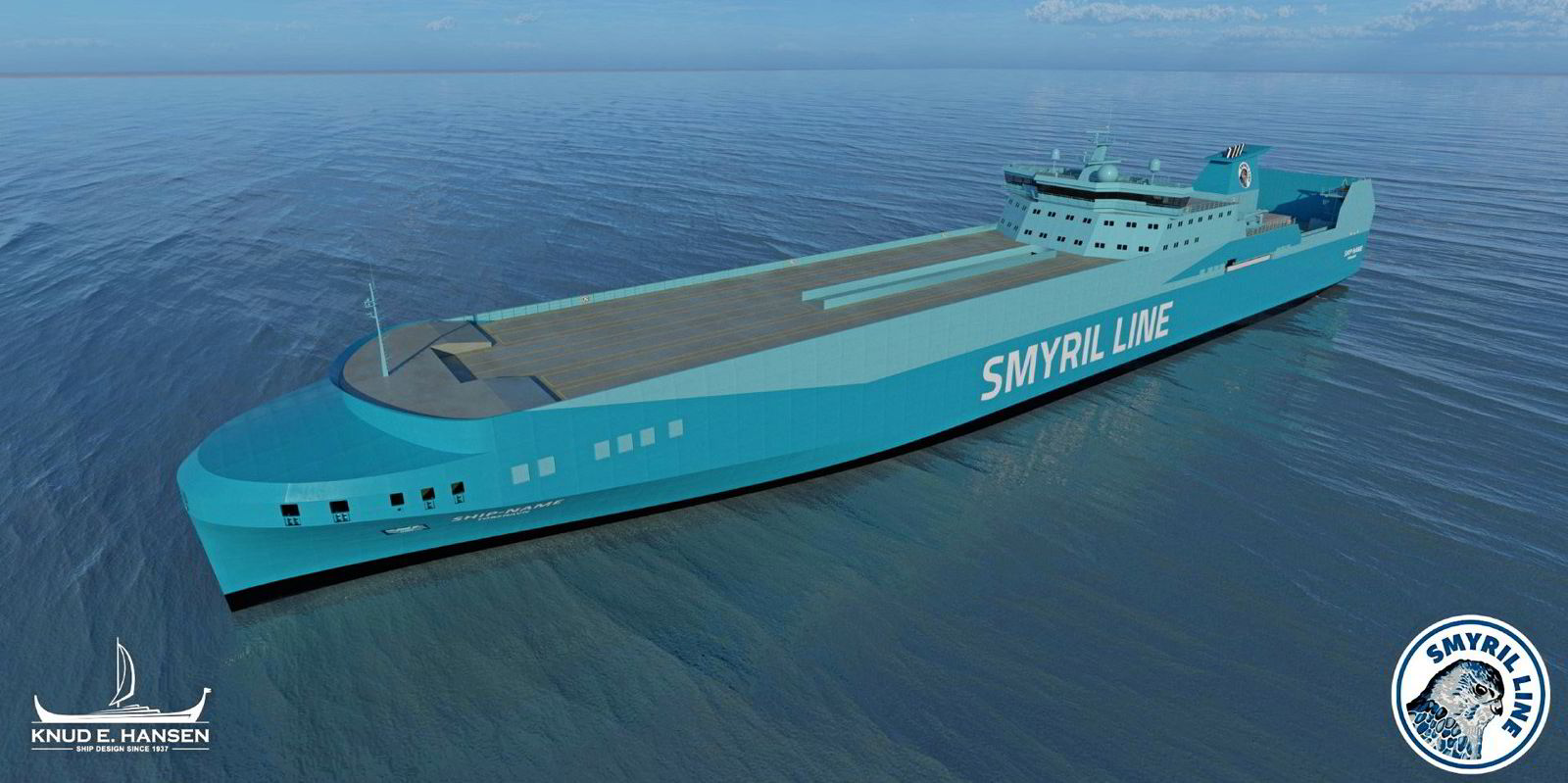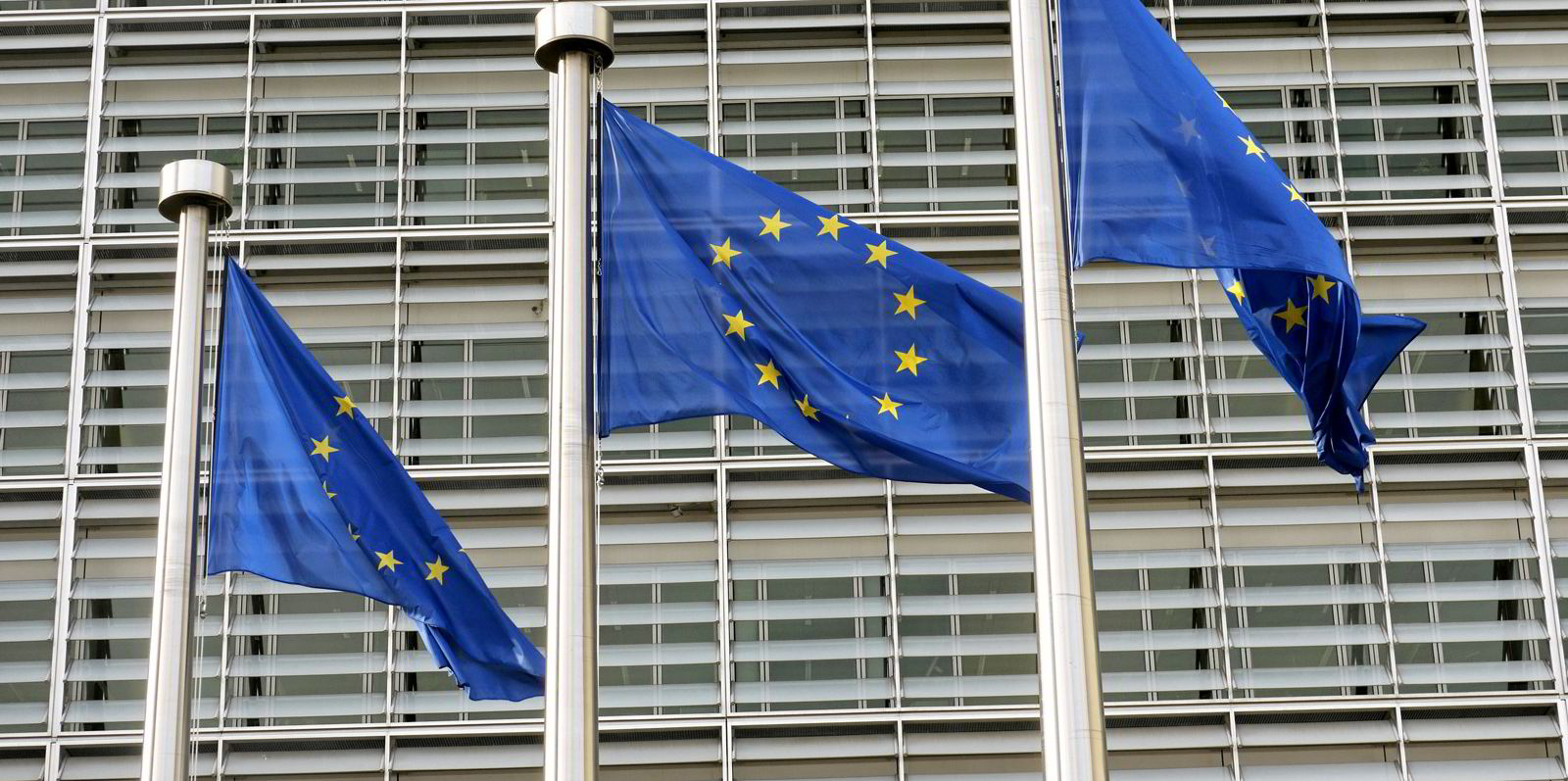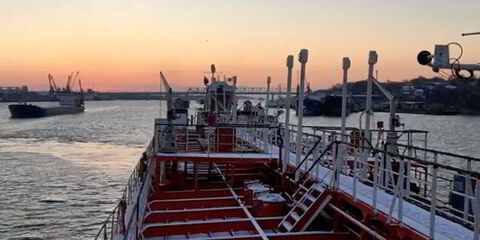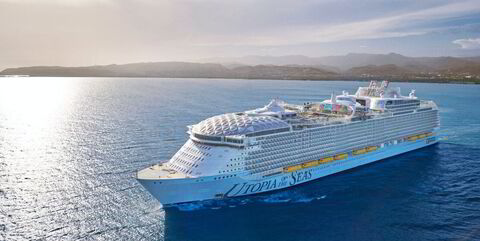Fending off scepticism from European regulators, new International Maritime Organization secretary general Arsenio Dominguez expressed optimism in his organisation’s capacity to forge consensus on a global carbon pricing mechanism for shipping.
“We’re on the right track — that I can guarantee,” Dominguez said during a panel discussion at a Capital Link Forum in Athens on Thursday.
“The parties are coming together and the proposals continue to look alike a lot more,” he added.
To prove his point, Dominguez said that while there were five different carbon pricing proposals on the negotiating table last year, this has now been whittled down to four.
“It’s the fact that we are breaching the gap between all the proposals that makes me even more optimistic,” he said.
Smoothing differences between the IMO’s 175 member states and bringing in a global pricing mechanism to pay for the transition to a greener fleet is one of Dominguez’s key challenges.
Such a mechanism, which Dominguez steadfastly refused on Thursday to describe as a “carbon tax” or a “levy”, is due to enter force in 2027 and is key to encouraging shipowners to take bold first steps in the multi-trillion-dollar decarbonisation project.
“I’m not going to use the word ‘levy’ or ‘tax’ or anything like that — it’s an economic measure, a pricing mechanism,” Dominguez said.
“You need to have faith in the IMO and yourselves,” he urged the audience. Shipping would be “sending the wrong message” if it would express doubts about being able to reach a consensus, Dominguez added.
It is not a coincidence that Dominguez chose Greece as his first official trip abroad after assuming his post on 1 January.
Greece is not only by most, though not all, measures the world’s biggest shipowning nation — it is also a member of the European Union, a 27-nation club that is constantly prodding the IMO into adopting firmer decarbonisation measures.
Red EU lines
A senior EU official speaking alongside Dominguez was less reluctant than the IMO chief to use the word “levy” and expressed reservations about the prospect of reaching a global consensus.
“It’s a difficult discussion,” said Fotini Ioannidou — acting director at the European Commission’s directorate general for Mobility and Transport.
“We [the EU] are proposing a fuel standard together with a levy and we’re seeing a huge reluctance,” Ioannidou said.
“Of course, there will be compromises but we need to have a genuine economic measure that makes sense,” Ioannidou added. Taking measures drastic enough to meet existing decarbonisation targets is an “EU red line”, she said.
The EU has already proven that it is not shy of taking unilateral measures if it believes the IMO is not moving fast enough.
On 1 January, the EU introduced the world’s first shipping carbon tax by including the industry in its existing emissions trading system — the EU ETS — for other economic sectors.
The shipping community has lobbied hard to make sure that EU ETS proceeds from shipping at least flow back into the industry, to help fund research for low or zero-carbon marine fuels.
The results of that lobbying were mixed.
Shipping was indeed the only industry to obtain earmarked revenues from the Innovation Fund — an EU research outfit funded by EU ETS proceeds.
The Innovation Fund is expected to have €40bn ($43bn) at its disposal by 2030, €1.6bn of which will be earmarked for shipping.
A far bigger part of EU ETS revenues, however — about three-quarters, according to Ioannidou — will flow directly into the budgets of the EU’s 27 member states.
Radicalism as well as realism
Shipowners will have to reach out to national governments to make sure that these carbon tax proceeds will be ploughed back into decarbonisation research, the EC employee argued.
EU national governments are keen on decarbonisation targets but will not back every green project or agenda.
“We need radicalism, as well as realism — applicable solutions, not just theories,” said Greek shipping minister Christos Stylianides, speaking separately at Capital Link on Thursday.
Greece is home to many conservative shipowners but also plays a leading role in scrubber installations and the ordering of dual-fuel newbuildings.
Dominguez attended the general assembly of the Union of Greek Shipowners in Athens on Wednesday.
